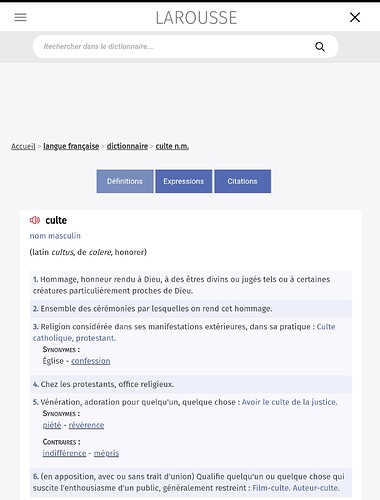Over 3,000 years ago and continuing for a centuries, pyromancy was a religious practice for kings in China to ask questions of the deities and receive answers. A tortoise plastron (shell underside) or oxen scapula with carved words about future weather, crop planting, the fortunes of members of the royal family, military endeavours, and other similar topics was held over an open fire. Where bone or shell cracked was interpreted by the diviner as answers from the gods.
So far, so good.
However, who was doing the ‘interpreting’? Immense power would be in the hands of whomever could claim to interpret the words of the gods. Even the emperor would be beholden. How many momentous decisions were based on the ‘absolute word’ of a cracked tortoise shell?
Wisdom would indicate that all answers would be ambiguous enough for face saving no matter which way events actually unfolded. Politics was born.
